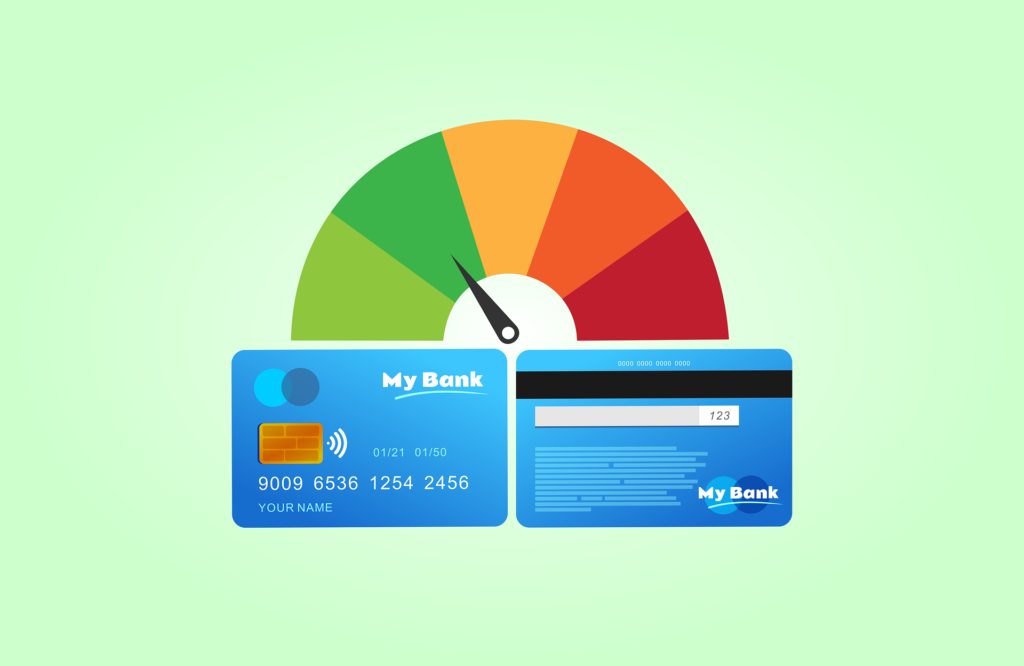Having a good credit score is important for several reasons:
1. Access to Credit: A good credit score increases your chances of being approved for loans, credit cards, and other lines of credit. Lenders view borrowers with higher credit scores as less risky, making them more likely to extend credit and offer better terms, such as lower interest rates and higher credit limits.
2. Lower Interest Rates: Borrowers with good credit scores typically qualify for lower interest rates on loans and credit cards. This means you’ll pay less in interest over time, saving you money and reducing the overall cost of borrowing.
3. Better Loan Terms: In addition to lower interest rates, borrowers with good credit scores may be eligible for more favorable loan terms, such as longer repayment periods or waived fees.
4. Access to Housing and Utilities: Landlords and utility companies often check credit scores when evaluating rental applications or setting up utility accounts. A good credit score can make it easier to secure rental housing and utility services without requiring large security deposits or cosigners.
5. Employment Opportunities: Some employers may review credit reports as part of the hiring process, particularly for positions that involve financial responsibilities or require security clearance. While credit scores are not typically disclosed to employers, a poor credit history could potentially impact your job prospects.
6. Insurance Premiums: Insurance companies may use credit scores as a factor in determining insurance premiums. A good credit score could result in lower premiums for auto insurance, homeowners insurance, and other types of insurance.
7. Ability to Start a Business: If you’re an entrepreneur or small business owner, having good credit can be crucial for obtaining financing to start or grow your business. It can also affect your ability to secure favorable terms on business loans and lines of credit.
8. Negotiating Power: With a good credit score, you may have more negotiating power when dealing with lenders, landlords, and other financial institutions. You may be able to negotiate better interest rates, fees, and terms on loans and financial agreements.
Overall, maintaining a good credit score is essential for achieving financial stability, accessing credit and loans when needed, and saving money on interest and other costs associated with borrowing. It’s important to practice responsible credit habits, such as paying bills on time, keeping credit card balances low, and monitoring your credit report regularly to protect and improve your credit score.


Pingback: Obtaining an auto loan in the United States – Everyday Life Essentials